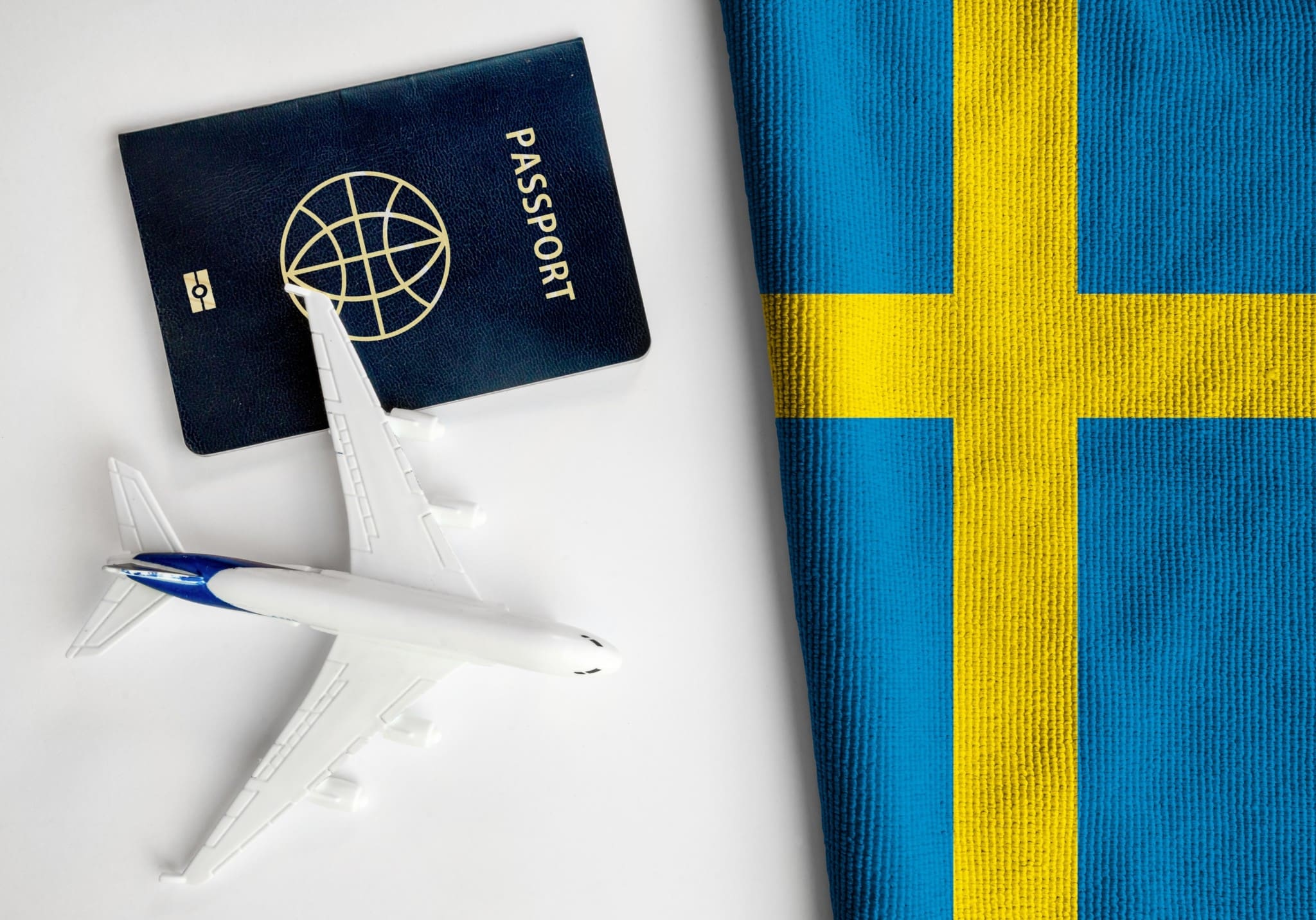The Swedish government has agreed to raise the minimum wage threshold required for migrants to obtain a work visa in the country.
From Oct. 1, migrants wanting to come to Sweden to work will need to secure employment with a salary of 26,560 Swedish krona (€2,347.15) per month, more than double the current requirement of SEK 13,000.
The move is expected to price out migrants with basic to no education and unskilled workers while still enabling professionals in specific fields to bring their expertise to the country’s workforce.
“This means a roughly doubling of today’s subsistence requirements,” said Maria Malmer Stenergard, Sweden’s migration minister.
A review will now be undertaken to discuss certain exemptions to the visa rules in specific categories, such as healthcare professionals and seasonal workers.
The plan had been discussed for some time. Thursday’s announcement is the first stage in a two-part plan to reform the country’s immigration policy. Stenergard explained that the salary requirements will eventually rise to SEK 33,200 (€2,955.75), in line with Sweden’s median salary.
This higher figure was part of a confidence-and-supply agreement the Swedish government made with the conservative Sweden Democrats, who are propping up the current administration.
The TT news agency reported that 70 percent of migrants working in Sweden currently earn more than the first threshold; however, sectors including hospitality and cleaning are examples where the average wage is below this level.
It has not been reported what will happen to migrants currently working in the country who fail to meet the higher threshold when it is introduced.
“The government intends to make the conditions stricter for low-skilled labor immigration, with requirements for little or no education, training, or experience,” an official statement released earlier this year read.
It added that “Sweden values highly skilled foreign workers, foreign researchers and foreign doctoral students,” and indicated that the current migration policy must be amended to make it easier for high-skilled migrants to work in Sweden in order to “strengthen Sweden’s competitiveness.”






